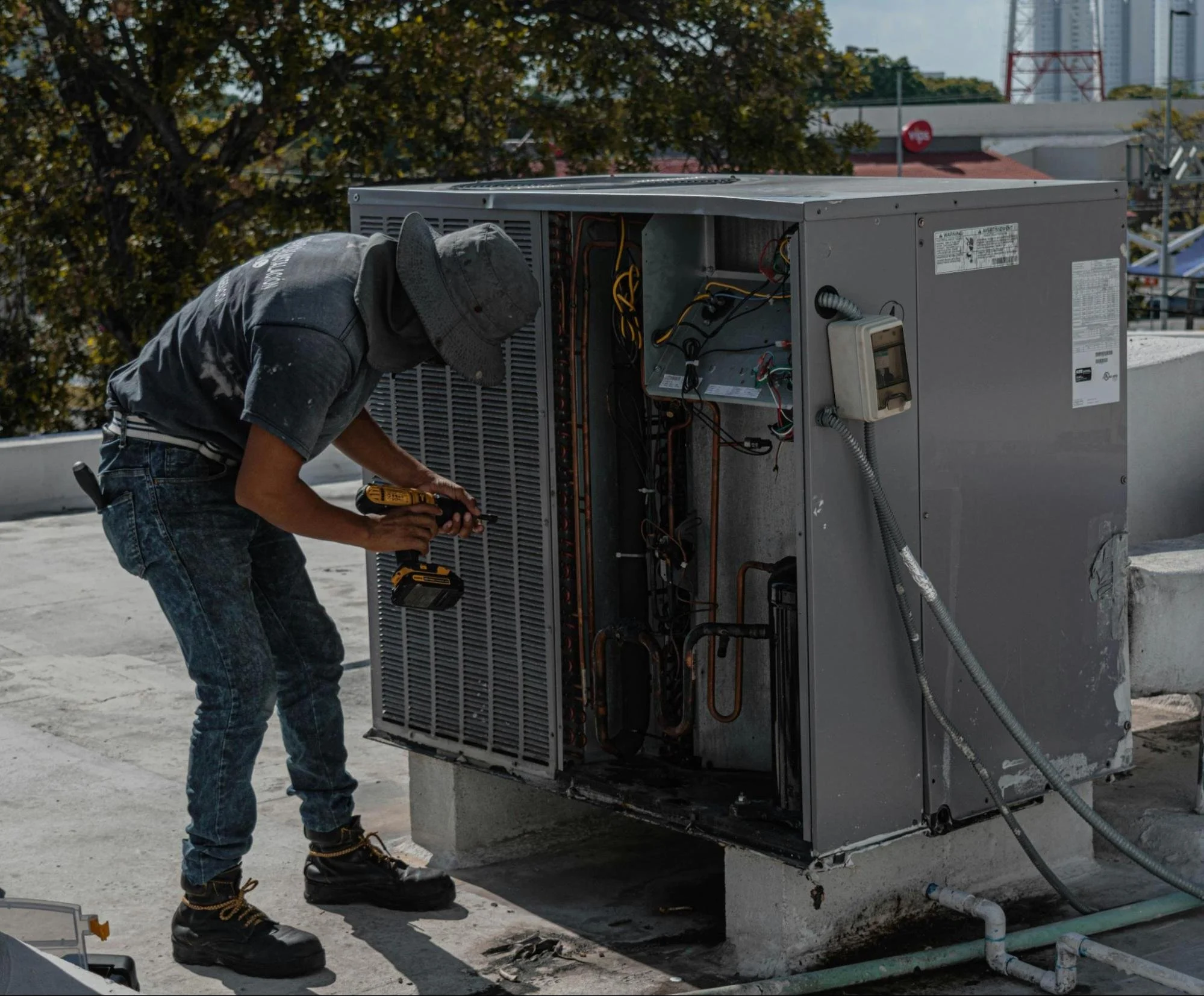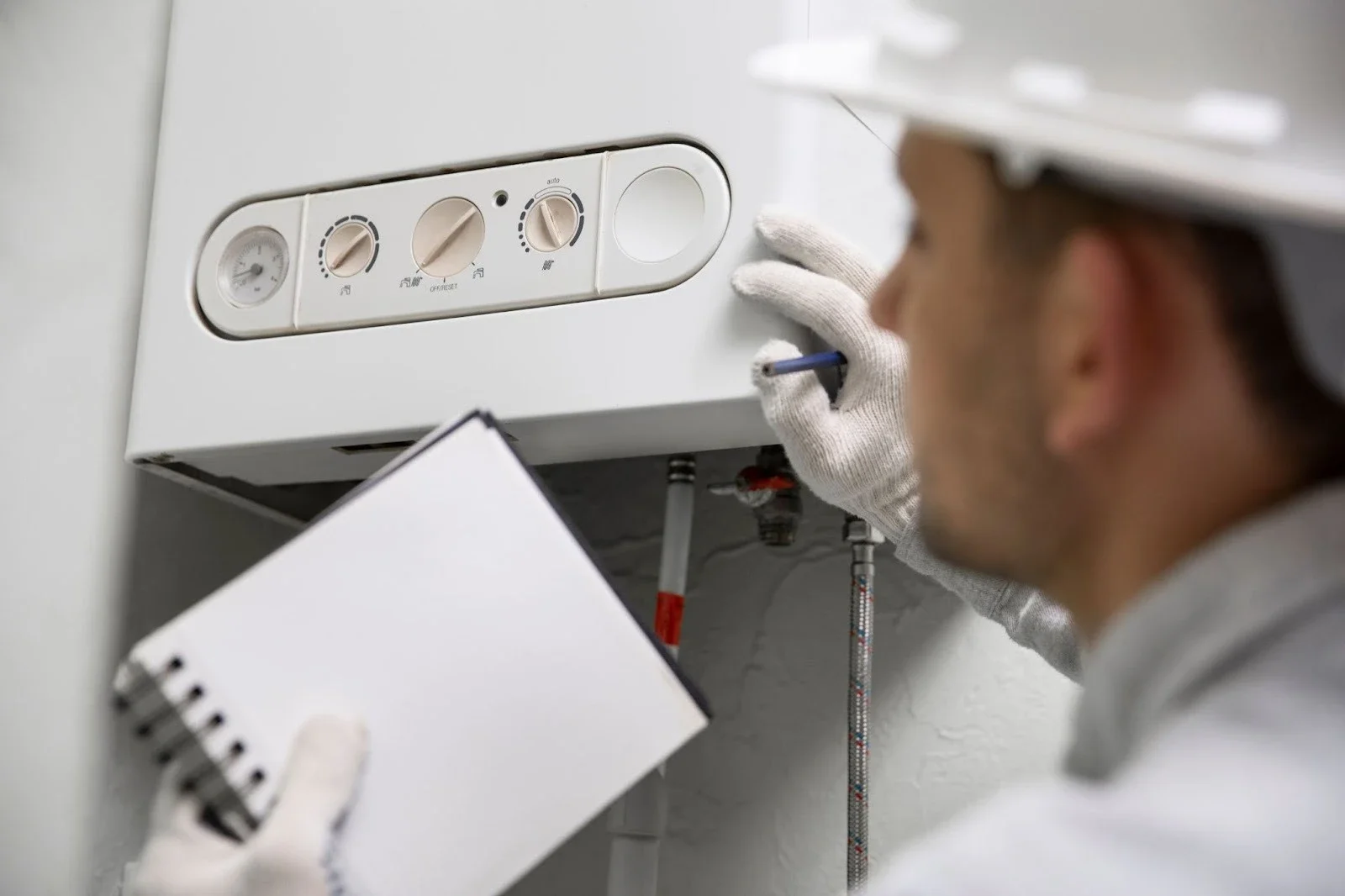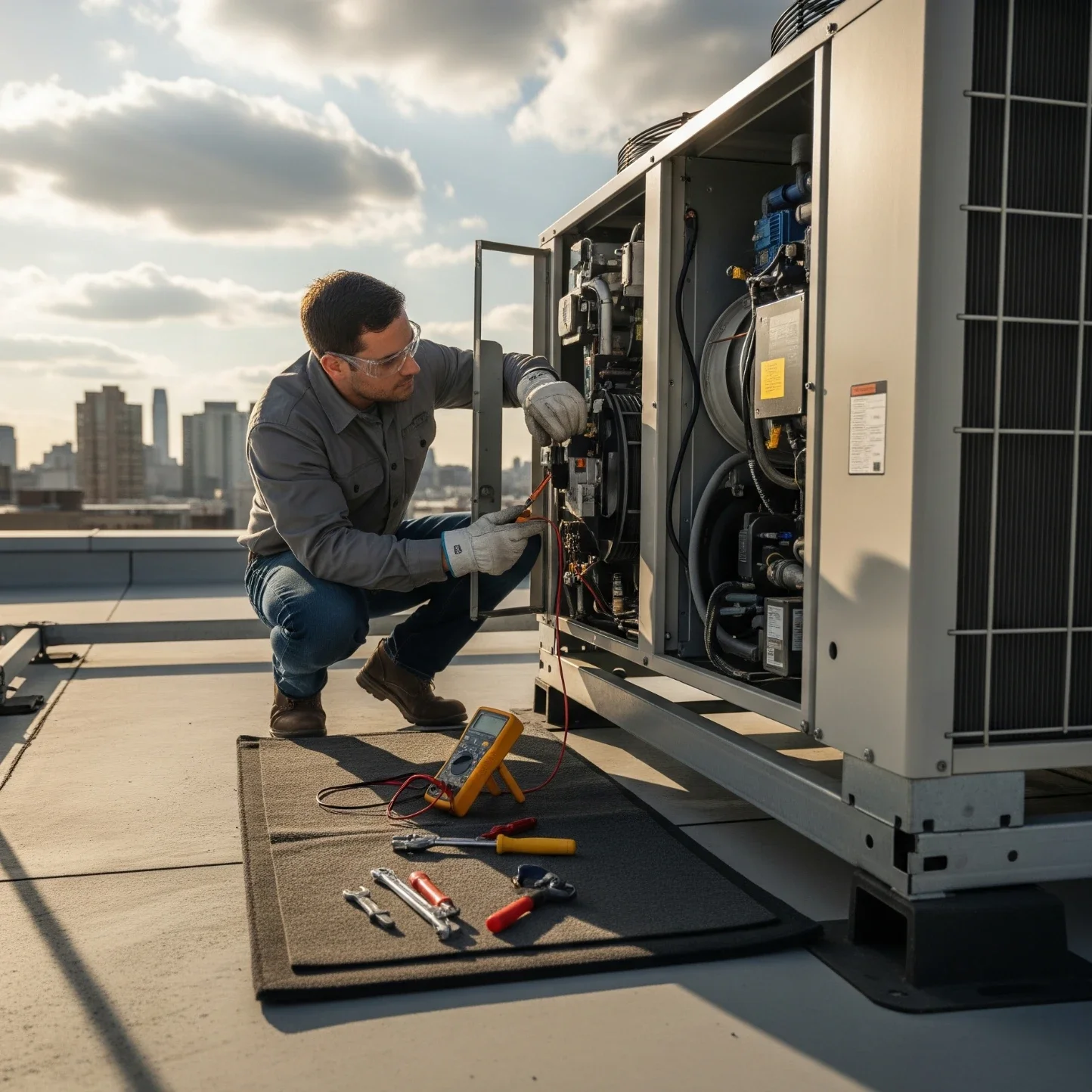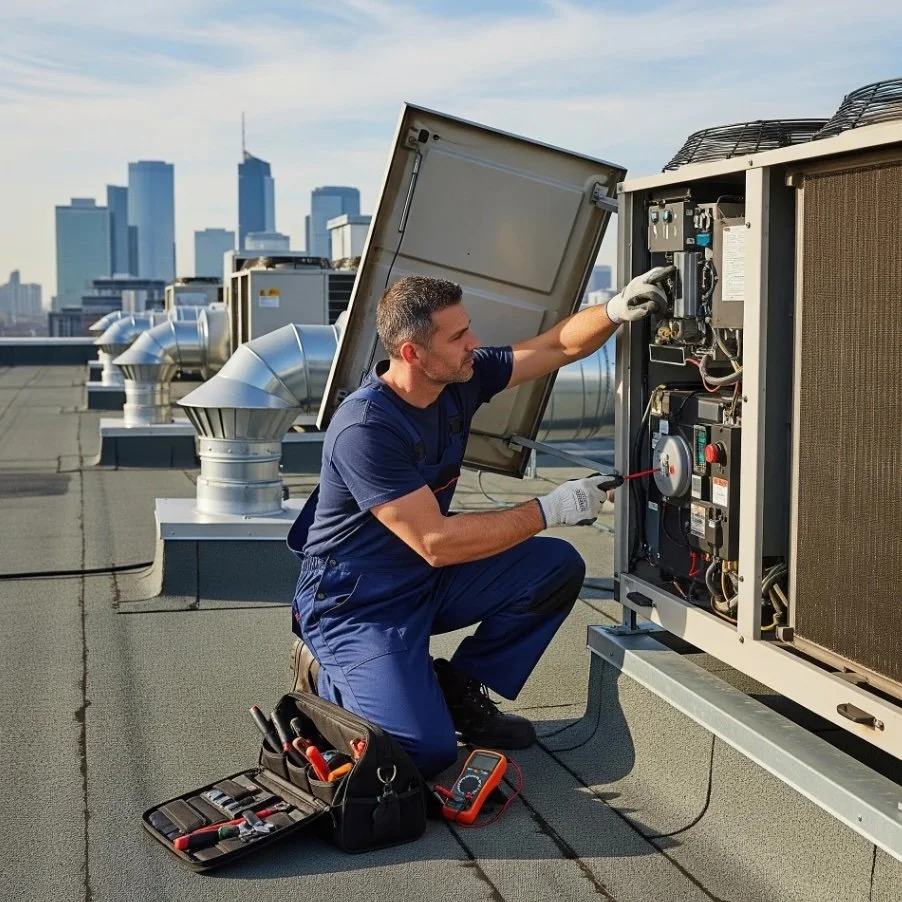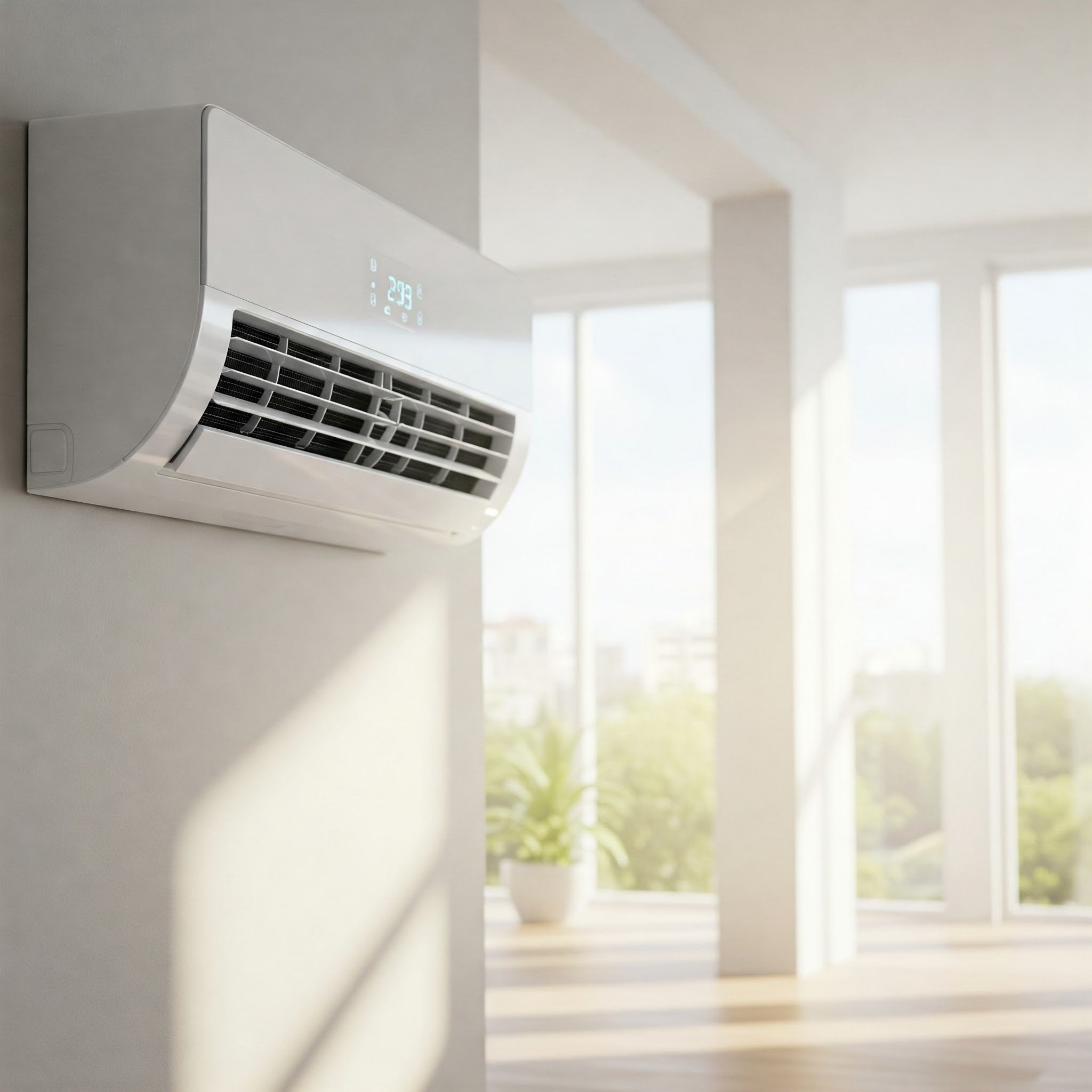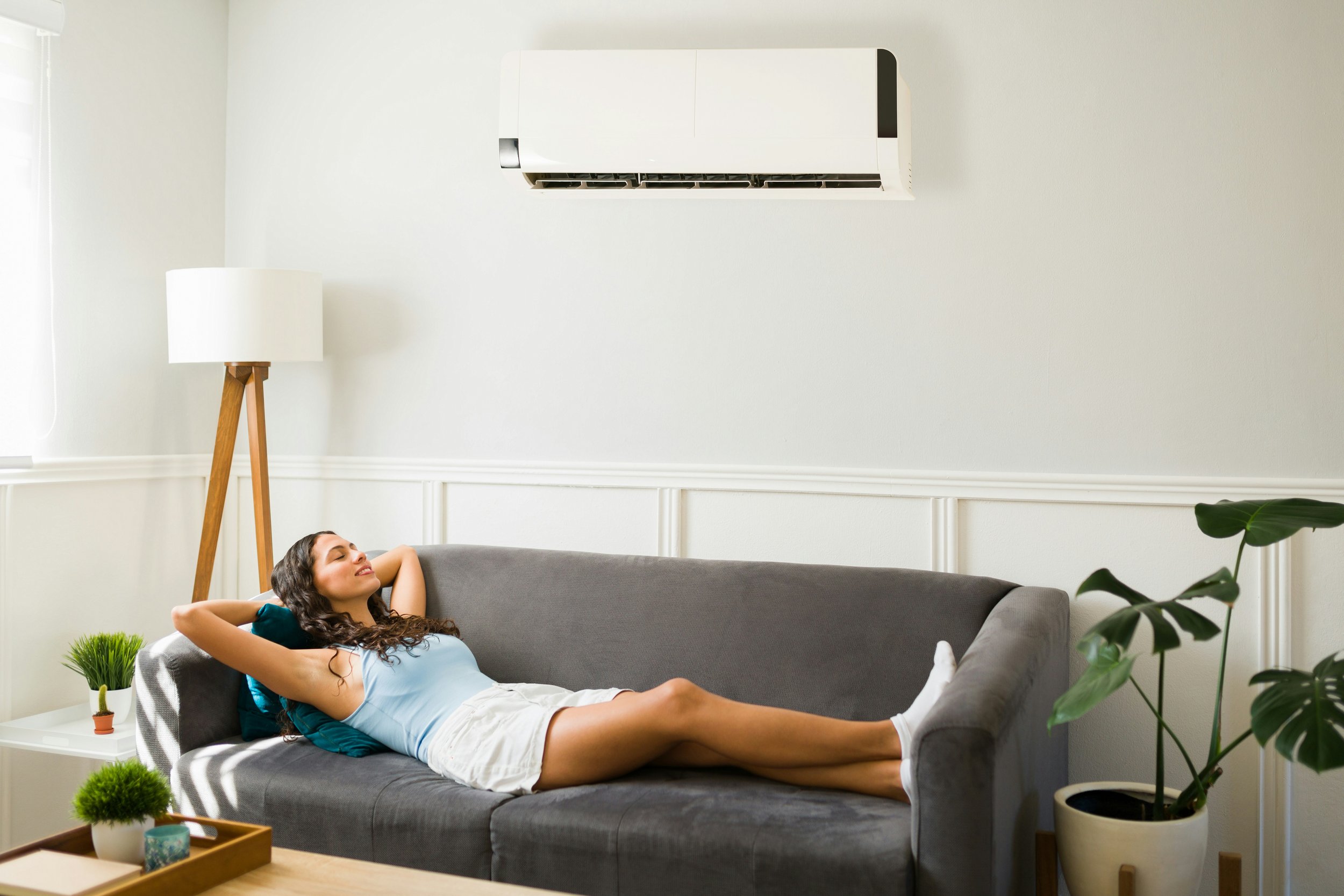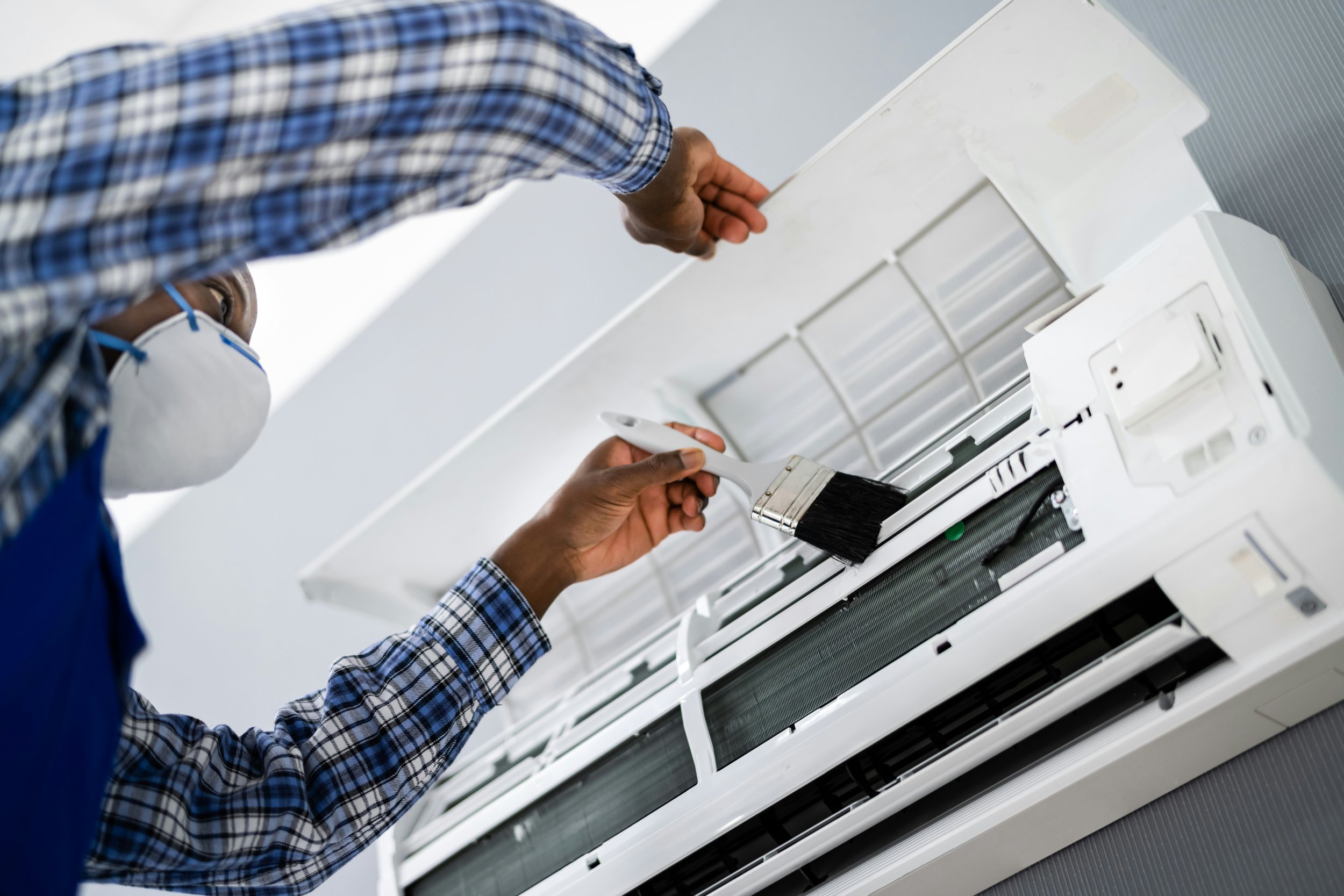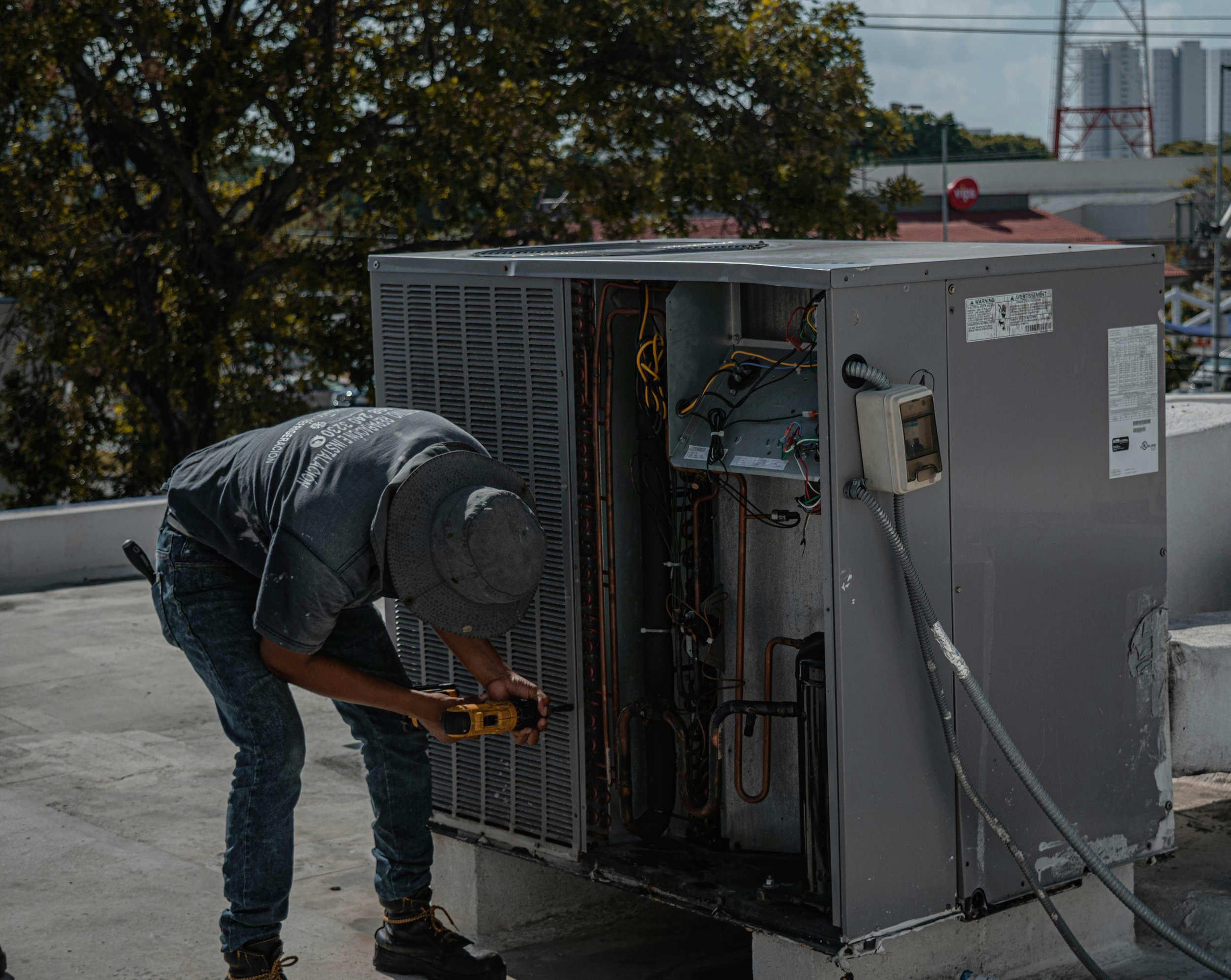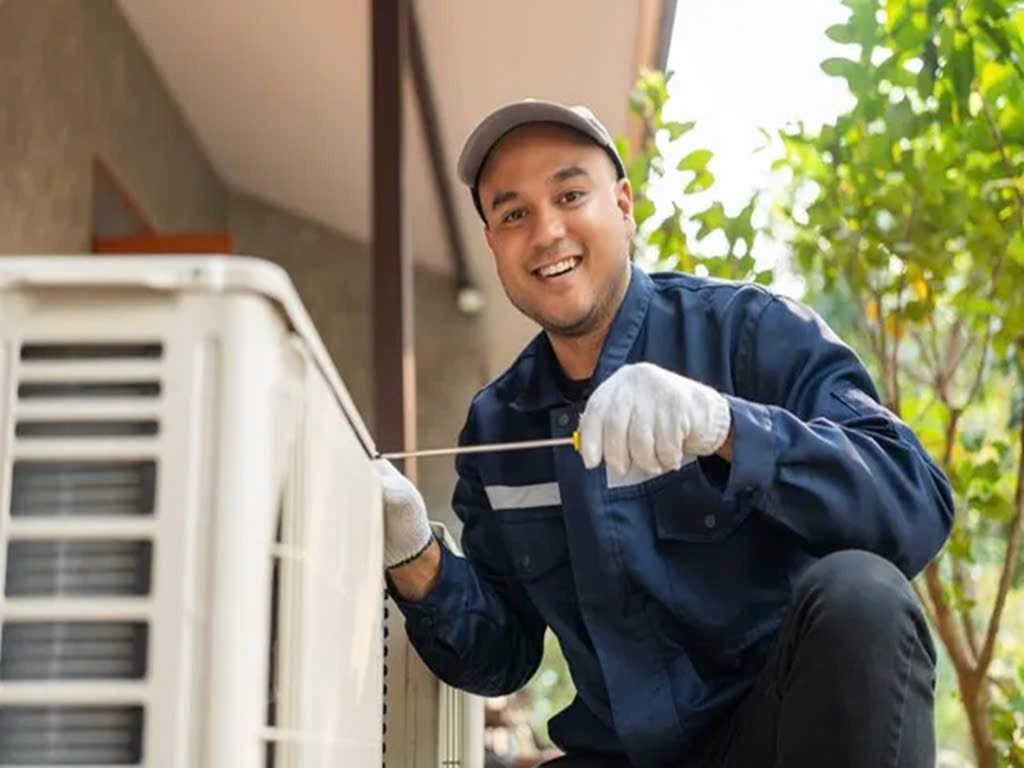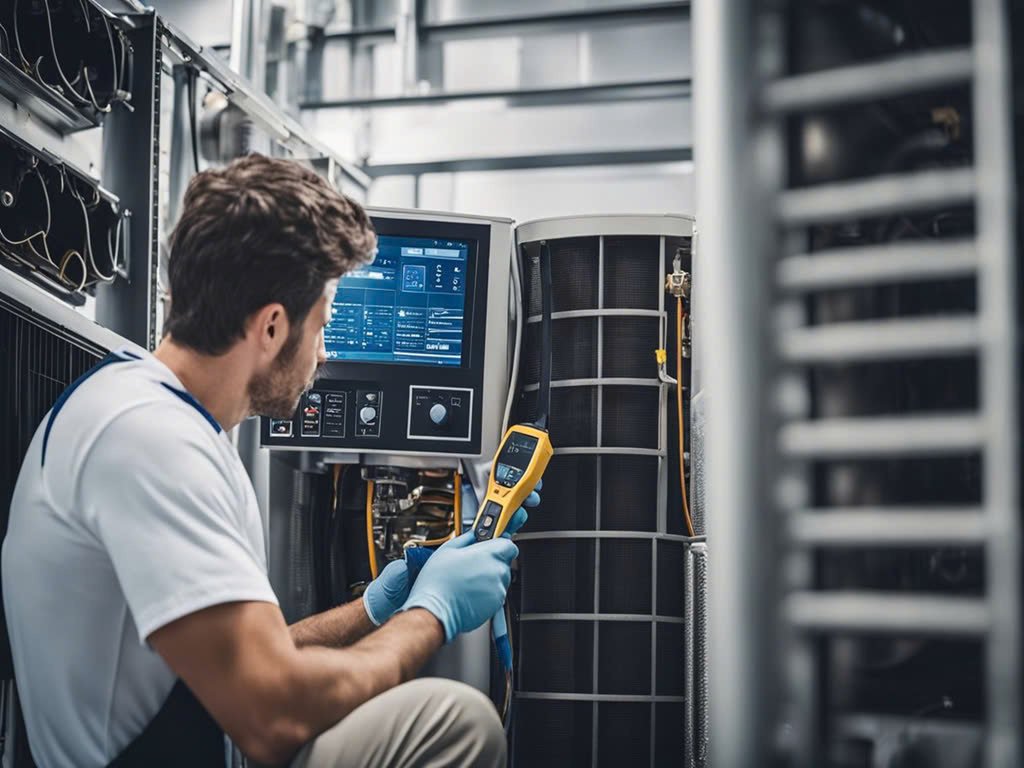Why Regularly Replacing HVAC Filters Is Essential for Long-Term System Performance
Learn why regularly replacing HVAC filters is key to long-term system performance—improving air quality, efficiency, and energy savings.
Proper maintenance of HVAC systems plays a crucial role in ensuring comfortable indoor environments, safeguarding health, and prolonging the lifespan of the equipment. Among the various maintenance tasks, changing air filters regularly is not just a mere suggestion and a necessity for optimal system performance. Dirty filters can significantly hinder airflow, reduce energy efficiency, and even lead to costly repairs over time. When homeowners neglect this simple yet vital task, they often face a host of problems ranging from increased utility bills to more severe system failures. Understanding the importance of these filters and establishing a routine for replacement can help maintain the integrity of HVAC systems and deliver fresh, clean air to home occupants.
The Role of Air Filters in HVAC Systems
Air filters serve a fundamental purpose in HVAC systems by trapping dust, allergens, and even larger particles found in the air. By preventing these contaminants from circulating throughout the home, filters contribute to better indoor air quality. The Environmental Protection Agency (EPA) identifies indoor air pollution as a significant health threat, and it’s important to minimize exposure to harmful particles. By effectively capturing dust and allergens, well-maintained filters protect respiratory health and improve comfort and well-being within a residential environment.
Clean air filters promote efficient airflow, helping the system operate at its optimal capacity. The efficiency of air filters decreases as they become clogged with dirt and debris. According to the Department of Energy, replacing dirty filters can improve your HVAC system’s efficiency by up to 15%. This means less energy consumption, which translates into lower utility bills and reduced strain on the system. Homeowners significantly benefit from staying on top of their filter replacement schedule, ensuring that their system runs smoothly and effectively.
Understanding the Impact of Dirty Filters
When filters become excessively dirty, they can restrict airflow within the HVAC system, forcing the unit to work harder to maintain comfortable temperatures. This increase in workload leads to higher energy consumption and puts extra strain on various components of the system. Over time, this can contribute to premature wear and tear, resulting in the need for costly repairs. In fact, the cost of neglected system maintenance can be up to 30% of the original system's price in repairs and replacements. Ignoring the importance of replacing filters regularly can lead to significantly expanded maintenance expenses down the road.
Dirty air filters can compromise indoor air quality. When filters are blocked, they cannot effectively capture harmful pollutants, allowing them to circulate within the home. This can trigger allergies, asthma attacks, and other respiratory issues among occupants. Studies indicate that poor indoor air quality can impact productivity and health, affecting everything from cognitive function to mood. In households with elderly individuals or young children, the risks associated with neglected air filters are even more pronounced. It's good to recognize that regular air filter replacement is a critical aspect of maintaining both health and comfort at home.
Establishing a Replacement Schedule
One of the most effective ways to ensure that HVAC filters are replaced regularly is to establish a clear replacement schedule. The frequency of filter changes typically depends on several factors, including the type of filter used, the raw air quality, and the frequency of HVAC system use. As a general rule of thumb, disposable filters should be replaced every one to three months. Some filters can last longer, depending on their quality. Homeowners with pets, allergies, or higher pollution levels may need to change their filters more frequently. To simplify this process, it’s helpful to set up reminders or use digital tools. Many modern HVAC systems come with built-in monitoring that notifies homeowners when it’s time to change the filter. For others, a simple calendar reminder or an annual check-up by a professional can help ensure that filter replacements are not overlooked.
Investing in higher-quality, efficient filters can reduce the frequency of changes while still providing excellent filtration of indoor air. Establishing a consistent schedule for changing your home’s HVAC air filters is key to long-term system performance. By making filter replacement a routine part of home maintenance, you can extend the lifespan of your HVAC system and enjoy healthier, cleaner air year-round.
Signs That It’s Time for a Filter Change
Homeowners should be aware of specific signs indicating that it’s time to change their air filters. A noticeable increase in energy bills can suggest that the HVAC system is working harder than it should, potentially due to a clogged filter.
Reduced airflow from vents or inconsistent temperatures throughout the home can indicate that filters need to be checked and possibly replaced. Visible dust collection on vents or around the air registers can be a clear sign that filters are no longer effectively capturing dust particles and should be changed. If residents begin to notice an increase in allergy symptoms, such as sneezing, watery eyes, or respiratory issues, it may be time to explore the filtration system and prioritize air filter replacements. Observing these signs can significantly enhance the indoor air quality and system efficacy.
The Benefits of Regular Filter Replacement
The benefits of regularly changing HVAC filters extend beyond simply maintaining comfort and energy efficiency. A significant advantage is the financial savings associated with reduced energy consumption and fewer repairs. By enhancing system efficiency through clean filters, homeowners can save money on monthly energy bills.
A well-maintained HVAC system can have a longer lifespan. With regular filter changes, the system experiences less strain, leading to fewer breakdowns and a reduced likelihood of having to replace the entire unit prematurely. This proactive approach to maintenance helps extend the investment in your HVAC system. Beyond financial benefits, prioritizing air filter replacement provides peace of mind, knowing that indoor air quality is being managed effectively. Families can breathe easier, and well-being can improve significantly. Embracing the habit of changing filters regularly becomes crucial for maintaining a healthy and happy home.
Environmental Considerations
Another reason to stay committed to consistent filter replacement is its environmental impact. Efficient HVAC systems consume less energy, which translates to lower greenhouse gas emissions. By ensuring that HVAC systems run as smoothly as possible through regular maintenance, homeowners can contribute to sustainability efforts and reduce their carbon footprint. With climate change at the forefront of discussions globally, every step towards energy efficiency matters. This practice benefits households, and it has far-reaching effects on the planet.
Choosing sustainable, high-performance filters that are recyclable further enhances the environmentally friendly approach. While these filters may have a higher initial cost, their longevity and reduced environmental impact justify the investment. Homeowners can take pride in their efforts to enhance their living standards while simultaneously prioritizing sustainability.
Regularly changing HVAC filters is not just a simple task but a vital step toward enhancing the performance and longevity of heating and cooling systems. Clean filters contribute to improved indoor air quality, reduced energy consumption, and a decrease in repair costs, making them a key part of home maintenance. Homeowners should remain vigilant in establishing replacement schedules, recognizing signs that filters need to be changed, and understanding both the personal and environmental benefits of this practice. By investing time and attention into regular filter changes, families can foster healthier living environments while ensuring their HVAC systems operate at peak efficiency.
